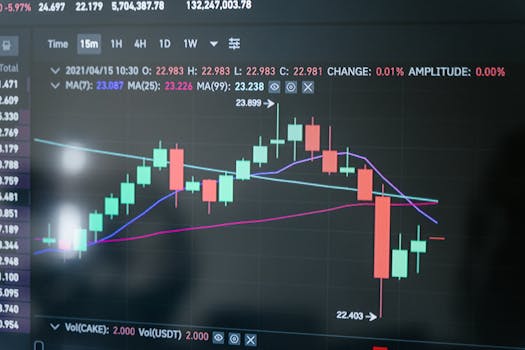
The Rise of Fiber Companies in Africa: Connecting a Continent
The Rise of Fiber Companies in Africa: Connecting a Continent is a significant development in the continent’s history, as it seeks to bridge the digital divide and promote economic growth. The rise of fiber companies in Africa is revolutionizing the continent’s connectivity, with many countries experiencing rapid growth in internet penetration and digital transformation. In this article, we will explore the growth of fiber companies in Africa, the challenges they face, and the benefits they bring to the continent.
Growth of Fiber Companies in Africa
Fiber companies in Africa have experienced significant growth in recent years, with many countries investing heavily in fiber optic infrastructure. According to a report by the International Telecommunication Union (ITU), the number of fiber optic connections in Africa increased from 1.4 million in 2010 to 13.4 million in 2020. This growth is driven by the increasing demand for high-speed internet and the need for reliable and efficient connectivity. Companies such as Liquid Telecom, MTN, and Vodacom have been at the forefront of this growth, investing in extensive fiber networks across the continent.
Challenges Facing Fiber Companies in Africa
Despite the growth of fiber companies in Africa, there are still several challenges that need to be addressed. One of the major challenges is the lack of infrastructure in rural areas, where many communities lack access to basic telecommunications services. Another challenge is the high cost of deploying fiber optic cables, which can be prohibitively expensive for many companies. Additionally, fiber companies in Africa face challenges related to regulatory frameworks, with many countries having unclear or inconsistent regulatory policies. These challenges can hinder the growth of fiber companies and limit their ability to provide reliable and efficient connectivity to all parts of the continent.
Benefits of Fiber Companies in Africa
The growth of fiber companies in Africa has brought numerous benefits to the continent. One of the most significant benefits is the increase in internet penetration, which has enabled more people to access online services and participate in the digital economy. Fiber companies have also enabled businesses to operate more efficiently, with high-speed internet enabling them to communicate and transact with customers and suppliers more easily. Additionally, fiber companies have enabled the development of new industries and services, such as e-commerce, online education, and telemedicine. These benefits have contributed to the growth of Africa’s economy and have improved the quality of life for many people on the continent.
Conclusion
In conclusion, the rise of fiber companies in Africa is a significant development that is revolutionizing the continent’s connectivity. Despite the challenges that fiber companies face, the benefits they bring to the continent are numerous and significant. As the demand for high-speed internet continues to grow, it is likely that fiber companies will play an increasingly important role in connecting Africa and promoting economic growth and digital transformation.




